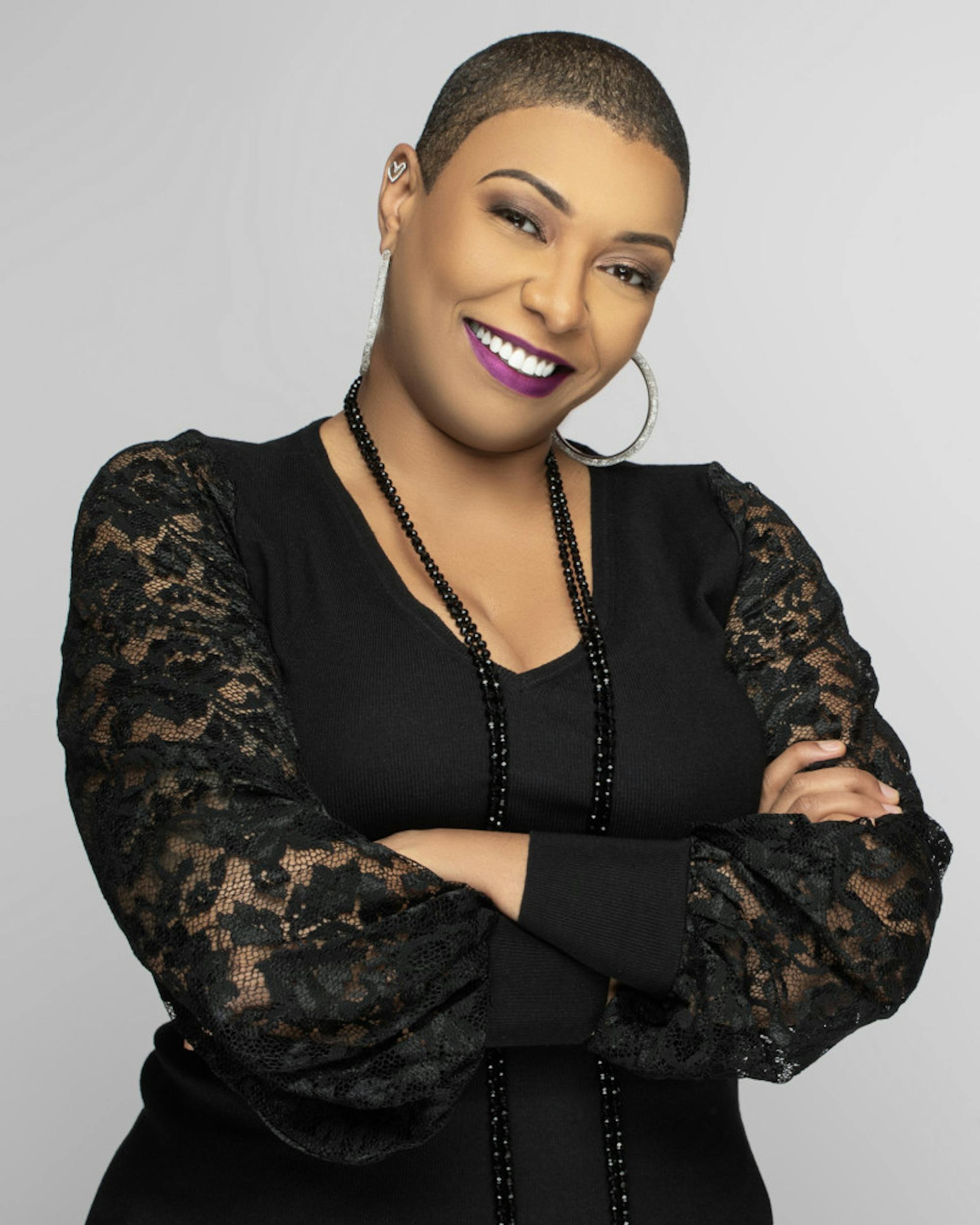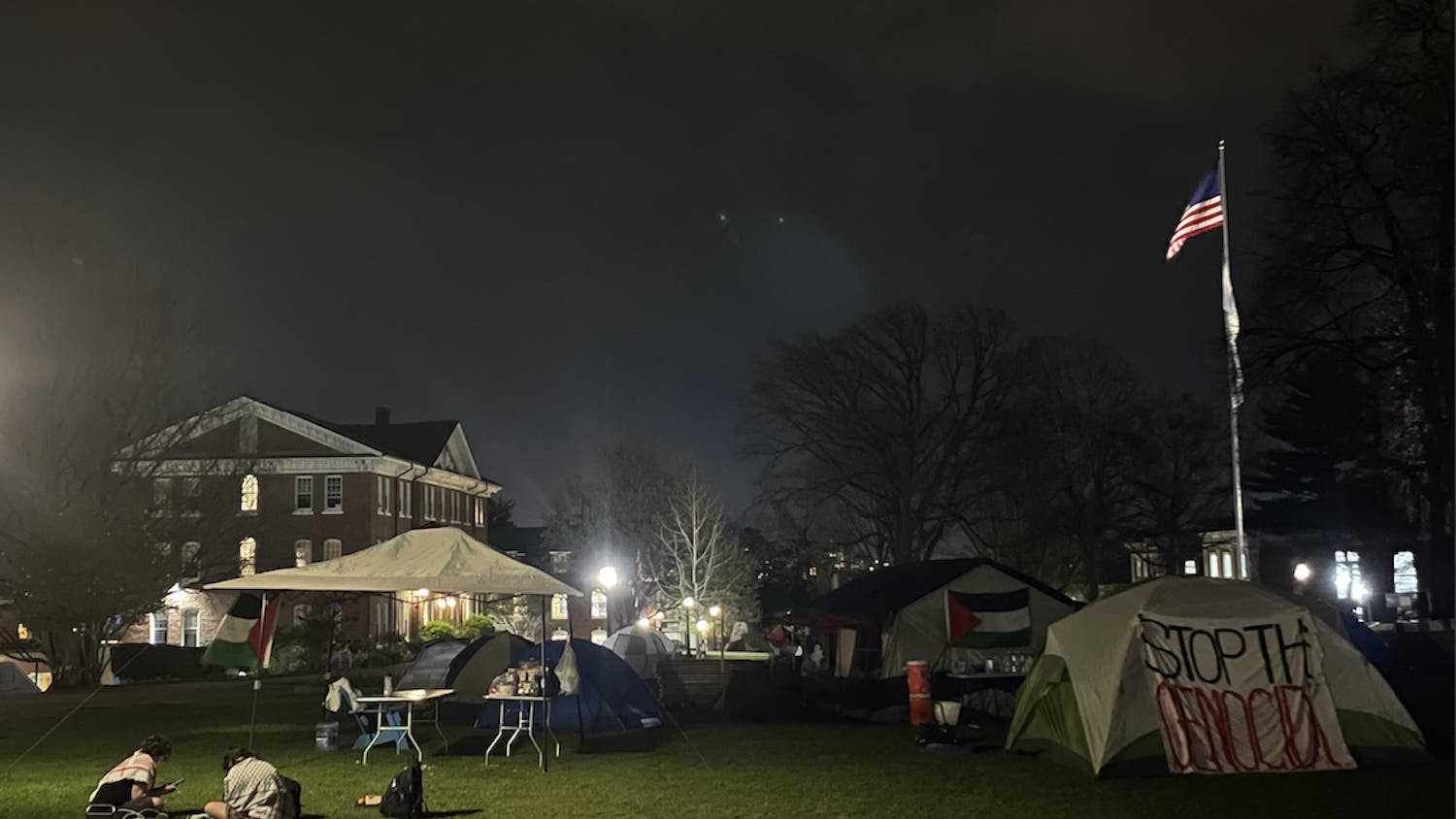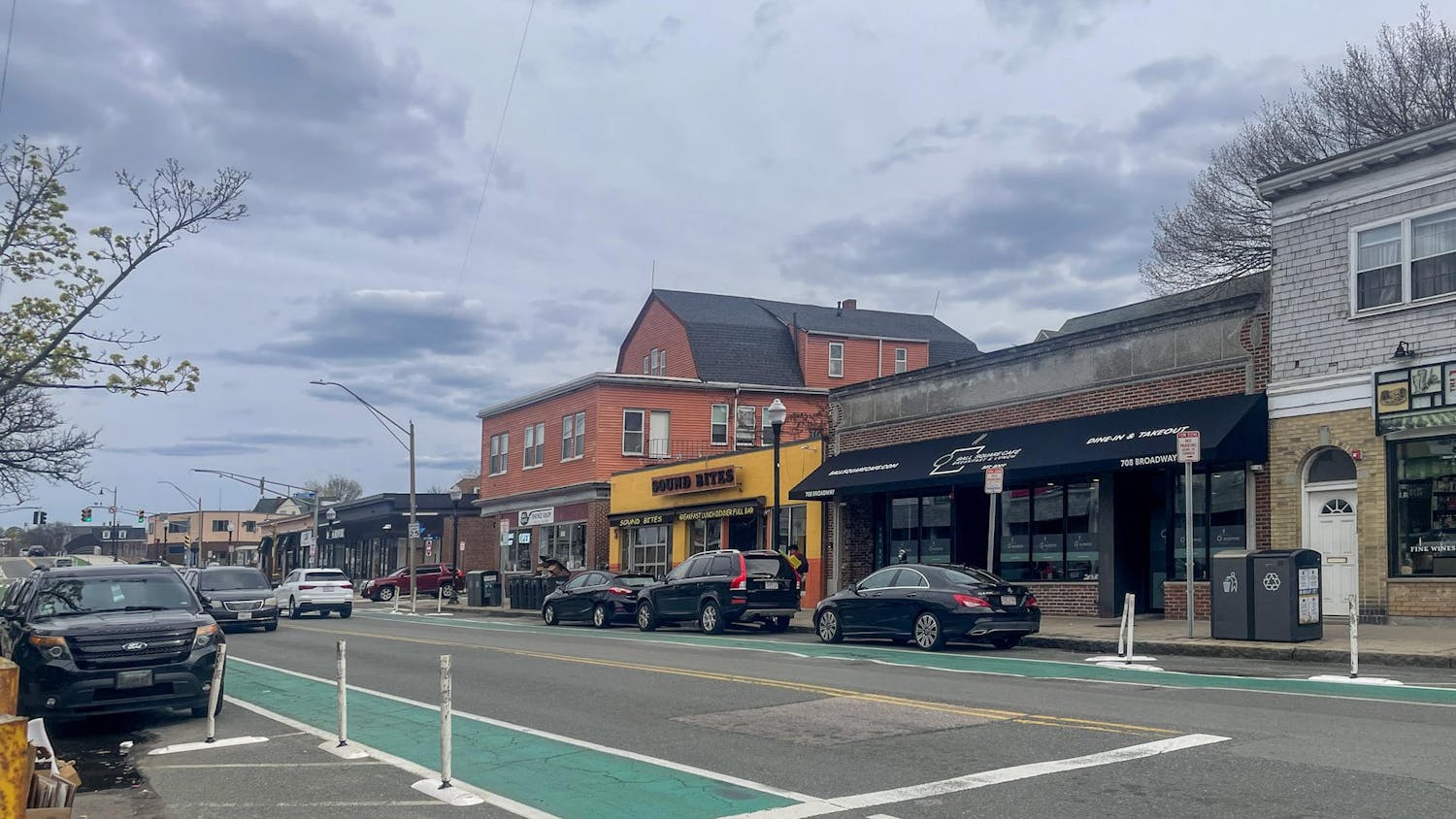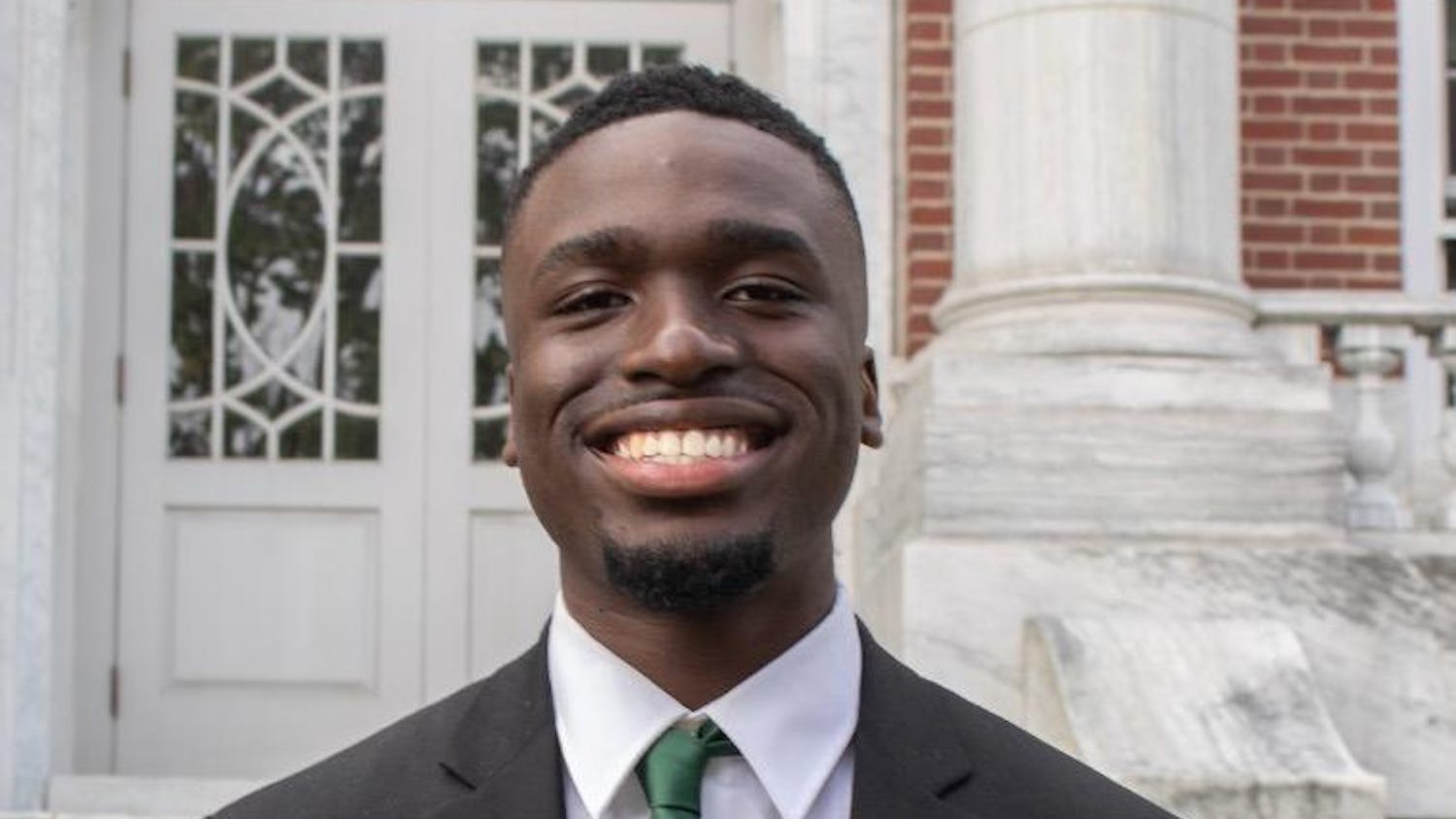Kelli Morgan, director of curatorial studies and professor of the practice in curatorial studies and history of art and architecture, founded a new graduate certificate program this year, the Anti-Racist Curatorial Practice. Morgan developed the program, which currently offers five online courses designed to be completed in one to two years, to counter the systemic racism often found in museum curation.
Morgan decided to establish the program after experiencing years of discrimination as an art museum curator, most recently as associate curator of American art at the Indianapolis Museum of Art.
“It was coming to … the affirmation that class discrimination, gender discrimination and racial discrimination are really rampant in our museum culture, specifically in traditional art institutions,” Morgan said in an interview with the Daily. “I resigned because in experiencing the type of racial discrimination in that position that I had experienced in my previous two positions, I was like, ‘It’s not unique to the institutions,’ as I initially thought … this is unique to the field.”
Further research on discrimination in art museums led Morgan to realize that very few curators have the tools necessary to develop anti-racist exhibitions and institutions.
“As I looked at other curatorial studies, museum studies, even art history curriculums, … I [realized that] there literally isn’t anything out there that offers this kind of education … that really gets at strategies to address this stuff,” Morgan said.
In creating the curatorial practice, Morgan collaborated with other museum professionals, including those at the Museum of Fine Arts in Boston. Dalia Linssen, director of academic engagement at the MFA, explained why she believes art museums will benefit from the new practice.
“As institutions with long histories of exclusion, museums were often historically built on systems of racialized power dynamics,” Linssen wrote in an email to the Daily. “[Morgan’s] curriculum demonstrates that anti-racist methodologies are not limited to curatorial work, but operate across museum areas as mechanisms to learn about how these histories continue to impact current practices, activate informed models that dismantle systemic racism, and to recreate museums in dialogue with their communities.”
Tufts Humanist Chaplain Anthony Cruz Pantojas is the inaugural student of the Anti-Racist Curatorial Practice. Cruz Pantojas explained why they decided to enroll.
“As institutions are committing to social change, I am increasingly curious about the forms of knowledge, including the artifacts that we draw from,” Cruz Pantojas wrote in an email to the Daily. “Intellectual kinships are important to me, and Dr. Morgan is helping me think through my own work interests in memory, haunting, spirituality, and the Caribbean.”
Now two months into the semester, Morgan explained that other than some funding difficulties, the program has been successful thus far.
“Students are really engaged,” Morgan said. “There’s a ton of interest … It's going really, really well. The biggest thing is just finding scholarship funds. … We're just trying to figure out a better funding model, … some kind of way to actually fund students who can’t pay the full tuition price.”
Last summer, the MFA enrolled six of its employees in a course taught by Morgan titled Anti-Racist Approaches to Art Museums Today. Linssen said that the impact of the program is already evident at the MFA.
“The impact of [the employees’] work can be seen in a range of programs, from the Studio Art Program and Community Arts Initiative to current exhibitions and a multi-venue collection sharing partnership,” Linssen wrote. “We look forward to continuing to partner with Kelli in creating future opportunities for learning and dialogue in anti-racist museum work.”
Cruz Pantojas explained that their studies with the curatorial practice have also reinforced their chaplaincy work at Tufts.
“As the inaugural student in the program, the experience has been deeply meaningful. Being the ‘first’ adds a bit of fun pressure and generative creativity,” Cruz Pantojas wrote. “[The] program has helped to reimagine my humanist practice and chaplaincy from a curatorial lens, seeing the linkages between culture, art and the human condition.”
Morgan hopes to expand the program to other schools and museums.
“We could market to directors and trustees [and] walk them through the curriculum in a succinct, … digestible way,” Morgan said. “My tagline for this is if museums actually invest in sending their staff … to this program, then [they] can save the [$25,000]–$30,000 that [they] spend on the … DEI firm that comes in and only gives you surface level DEI training.”
As a museum professional, Linssen hopes to bring more anti-racist efforts to the MFA.
“My hope would be to have anti-racist practices take root not only in curatorial work, but across the institution to more effectively realize the potential of museums as sites of critical dialogue and community,” Linssen wrote.
Cruz Pantojas looks forward to continuing to study within the practice and hopes to learn from other curators of color.
“I hope the program continues its reach and robust programming,” Cruz Pantojas wrote. “I look forward to the program highlighting other curators, scholars and practitioners of color.”






